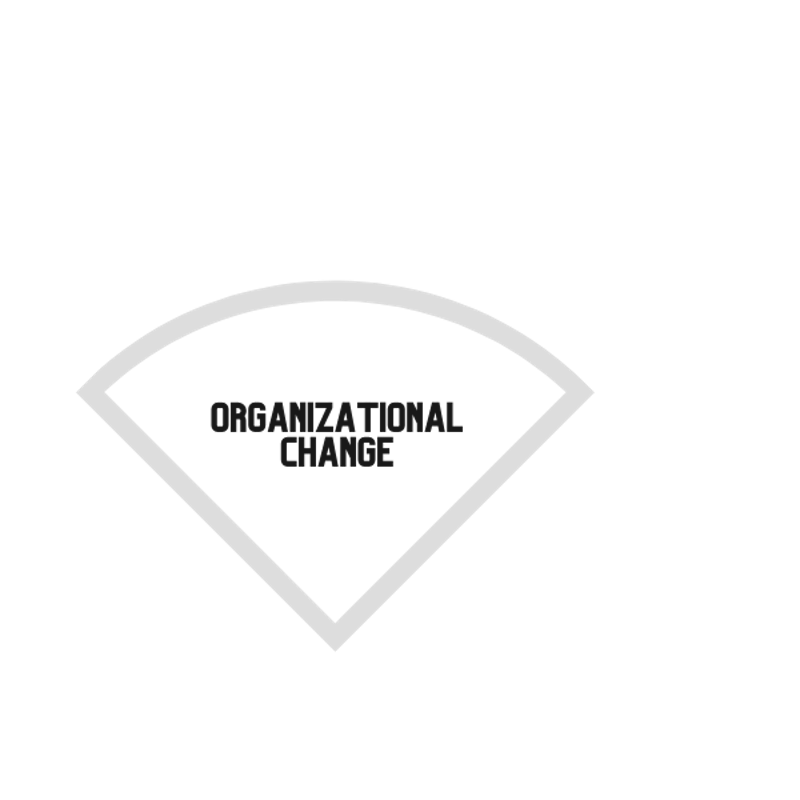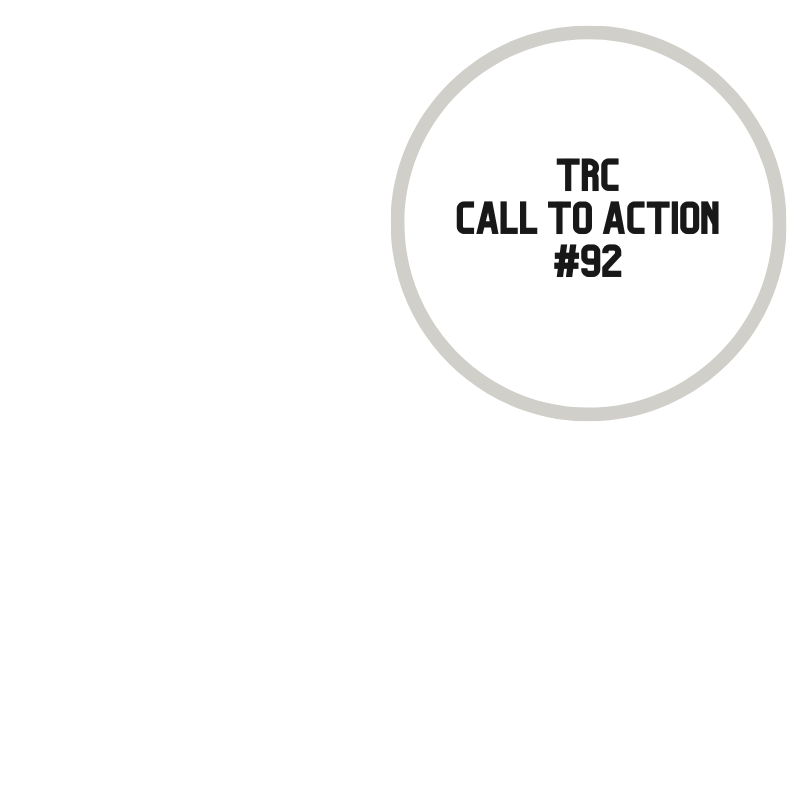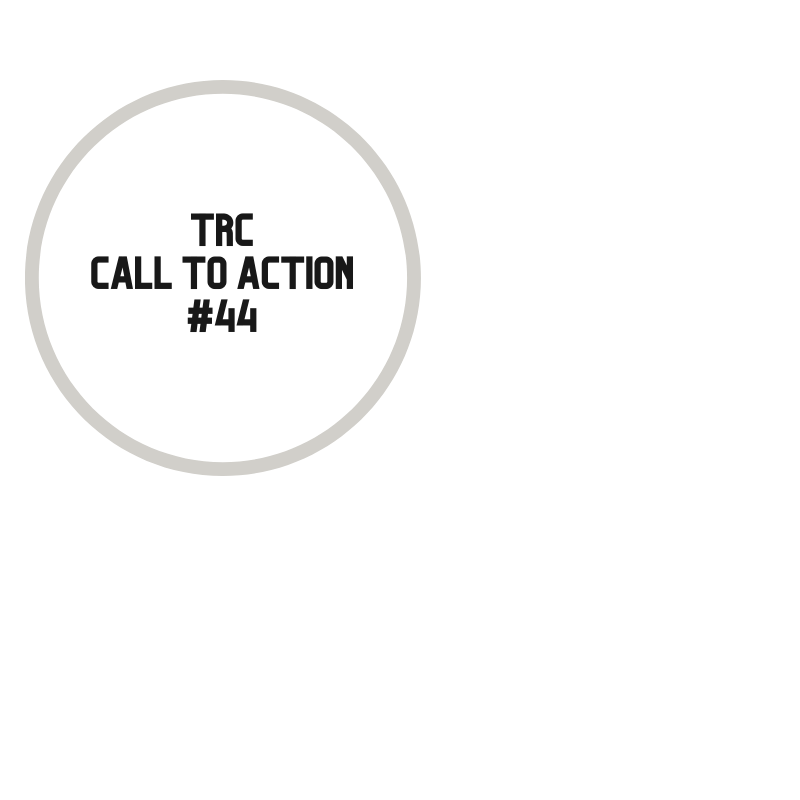Open Chats Between Staff and Indigenous Engagement Team
These regular chats with the Indigenous engagement team at Spark are open to all staff, and are opportunities to talk about Indigenous science, relations, protocols or anything else. It is a safe place to learn and share.




